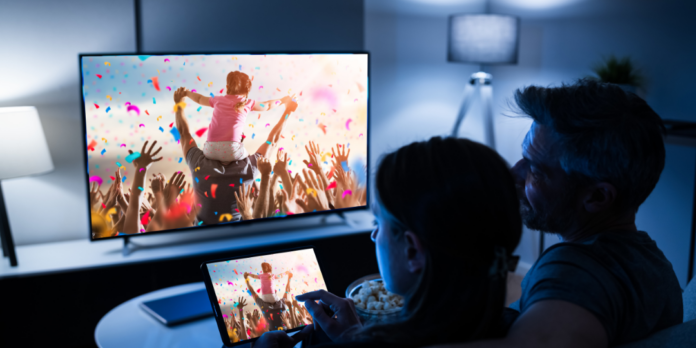Cutting ties with traditional cable services has become a popular trend among households seeking modern entertainment options. Internet-based TV services have grown rapidly, offering flexibility and potential cost savings. Understanding whether these services align with your viewing habits and technical requirements is crucial before making the switch.
How IPTV Services Work
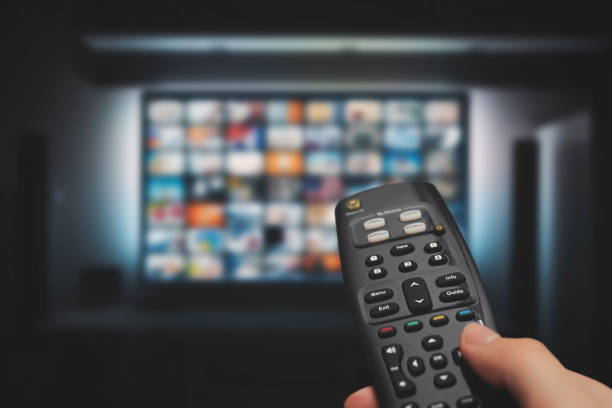
Unlike traditional cable, which relies on coaxial or fiber-optic infrastructure, internet-based TV services deliver content over a broadband connection. These services provide live TV, on-demand programming, and access to various international channels.
Key Features of IPTV
- Live Programming: Offers real-time access to sports, news, and events.
- On-Demand Content: Provides a library of movies, series, and shows.
- Multi-Device Support: Streams content on phones, tablets, smart TVs, and computers.
- Flexible Viewing: Allows pausing, rewinding, and recording of live broadcasts.
The ability to access content without traditional set-top boxes or cables makes these services more adaptable to modern lifestyles.
Advantages of Switching to Internet-Based TV
Households transitioning away from cable to IPTV often cite flexibility, affordability, and expanded content options as key reasons.
Lower Subscription Costs
Cable TV subscriptions often start at $70 per month, with premium packages exceeding $150. In contrast, most internet-based plans cost between $10 and $50 monthly.
This affordability appeals to those seeking to reduce entertainment expenses without sacrificing quality. And if you research the market and choose a reliable and high-quality service, such as NordicIPTV, you will really get the best out of this.
Diverse Content Choices
Traditional cable packages often bundle channels, leading to higher costs for unwanted content. Internet-based services allow users to customize their subscriptions, focusing only on preferred channels or genres. Options for international content further broaden the appeal.
Device Compatibility
Traditional cable restricts viewing to specific televisions connected to set-top boxes. Modern services enable streaming on multiple devices simultaneously, catering to households with diverse viewing preferences.
Access to Niche Content
Many platforms offer programming tailored to specific interests, such as documentaries, indie films, or international sports. This diversity ensures viewers can find content suited to their tastes.
Challenges of IPTV
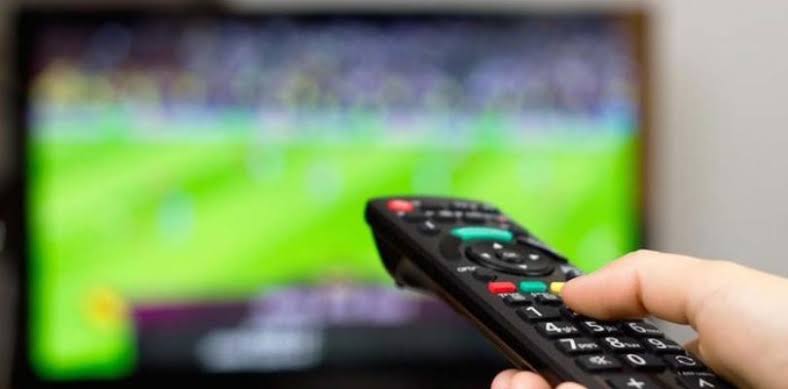
Despite its advantages, internet-based TV is not without drawbacks. Potential users should consider these challenges before canceling their cable subscriptions.
Internet Quality Requirements
IPTV services depend heavily on a stable and fast internet connection. Households with slow or unreliable connections may experience buffering or service interruptions.
- Recommended Speeds: At least 10 Mbps for standard resolution and 25 Mbps for high-definition viewing.
Limited Access to Local Channels
Although many platforms offer a wide range of international and niche content, access to regional news or local programming may be limited compared to cable services. For users who value local coverage, this can be a significant downside.
Hidden Costs
Some IPTV services advertise low base prices but charge extra for premium content, higher video quality, or ad-free viewing. These additional costs can narrow the price gap between internet-based platforms and traditional cable.
Potential Legal Risks with Unlicensed Services
Free or unlicensed platforms often operate without proper agreements, exposing users to security risks or legal complications. Using legitimate providers is essential to avoid these issues.
Deciding if Internet-Based TV is Right for You
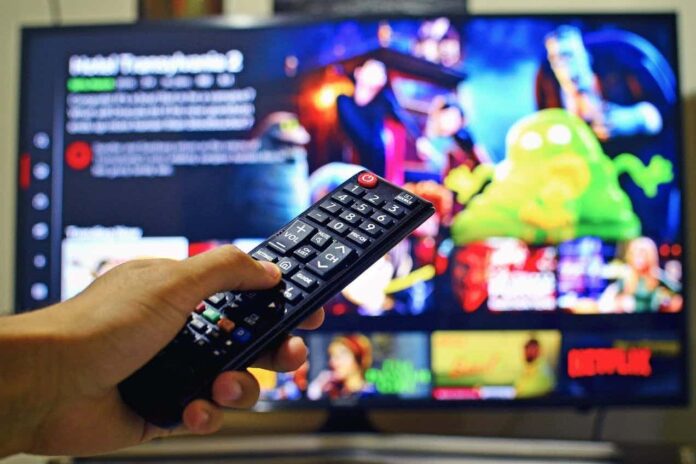
The decision depends on your household’s entertainment needs, internet capabilities, and budget. Understanding how these factors interact helps determine whether switching is practical.
Great for Cord-Cutters
Users seeking to break free from expensive cable packages often find internet-based services appealing. The ability to customize subscriptions and access on-demand libraries aligns with modern viewing preferences.
Unsuitable for Poor Internet Connections
In areas with unreliable internet, traditional cable may still be the better option. Streaming issues caused by slow speeds or frequent outages can frustrate users.
Ideal for Households with Varied Tastes
Families with diverse entertainment preferences benefit from the ability to stream different content on multiple devices. Whether watching international sports or binging on-demand series, modern platforms offer something for everyone.
Comparing IPTV with Cable
Cost
- Cable TV: Starts at $70 per month, with additional charges for premium channels and equipment rentals.
- IPTV : Plans range from $10 to $50 monthly, with optional add-ons for specific channels or features.
Equipment Requirements
Cable services often require set-top boxes, which come with monthly rental fees. Modern TV platforms eliminate this need, working seamlessly on existing devices such as smartphones, smart TVs, and tablets.
Content Availability
Cable provides reliable access to local programming but lacks the customization and variety offered by internet-based platforms. Users seeking niche or international content often prefer the latter.
Troubleshooting Common Streaming Issues
Switching to internet-based TV services may occasionally present technical challenges. Understanding how to troubleshoot common issues ensures a smoother viewing experience.
- Buffering and Lag: Slow streaming often results from insufficient internet speed. Restarting your router or disconnecting unused devices can improve performance.
- Playback Errors: These errors can occur due to outdated app versions. Regular updates to your streaming platform ensure compatibility and reliability.
- Device Compatibility: Ensure your device meets the minimum specifications required by your chosen platform. For instance, older TVs may need an additional streaming device like a Fire Stick or Roku.
- Audio-Visual Sync Problems: This issue often arises from overloaded device processors. Restarting the device or reducing background processes can resolve it.
FAQs
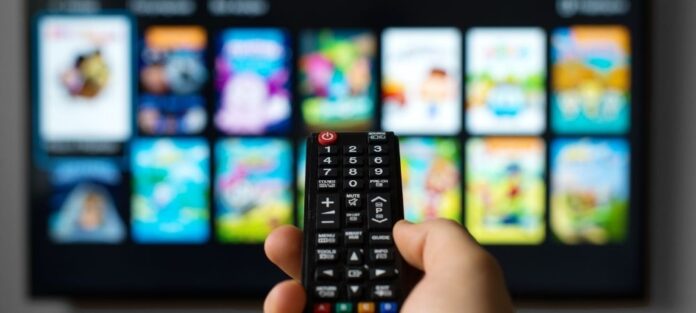
Do IPTV Services Require a Contract?
Most platforms operate on a subscription model without long-term contracts, allowing users to cancel anytime. Cable often requires lengthy commitments and imposes penalties for early termination.
What Happens if the Internet Connection Fails?
Streaming services rely entirely on internet access. If your connection drops, so does the service. A backup internet source, such as mobile data, can mitigate this issue.
Are Free IPTV Platforms Safe to Use?
Many free options operate without proper licensing, posing legal and security risks. Paid services provide a more reliable and secure experience.
Can I Watch Live Sports with IPTV?
Yes, many platforms include live sports packages. However, availability varies by provider, so reviewing channel offerings is essential if sports programming is a priority.
How Do I Access Local Channels?
Some services include local programming, but coverage depends on your location and provider. Dedicated apps or add-ons may be required to access regional news and events.
Conclusion
Switching from cable to internet-based TV offers clear benefits, including lower costs, greater flexibility, and access to a wider variety of content.
However, challenges like internet dependency and limited local programming require careful consideration. Evaluating your household’s entertainment needs and internet reliability will help determine if this modern solution aligns with your lifestyle and budget.
